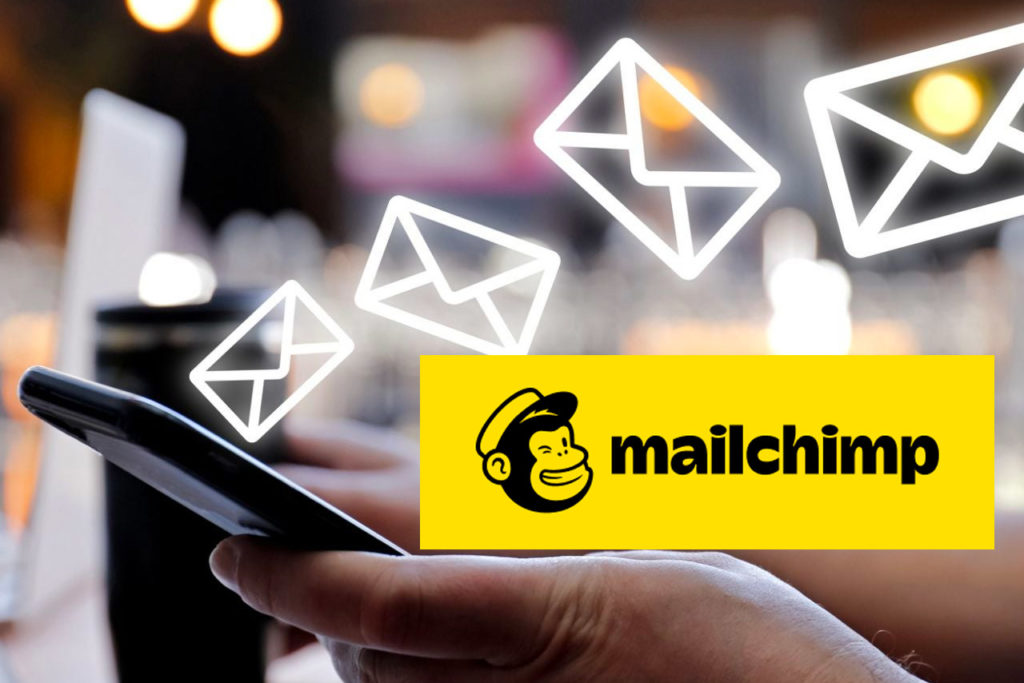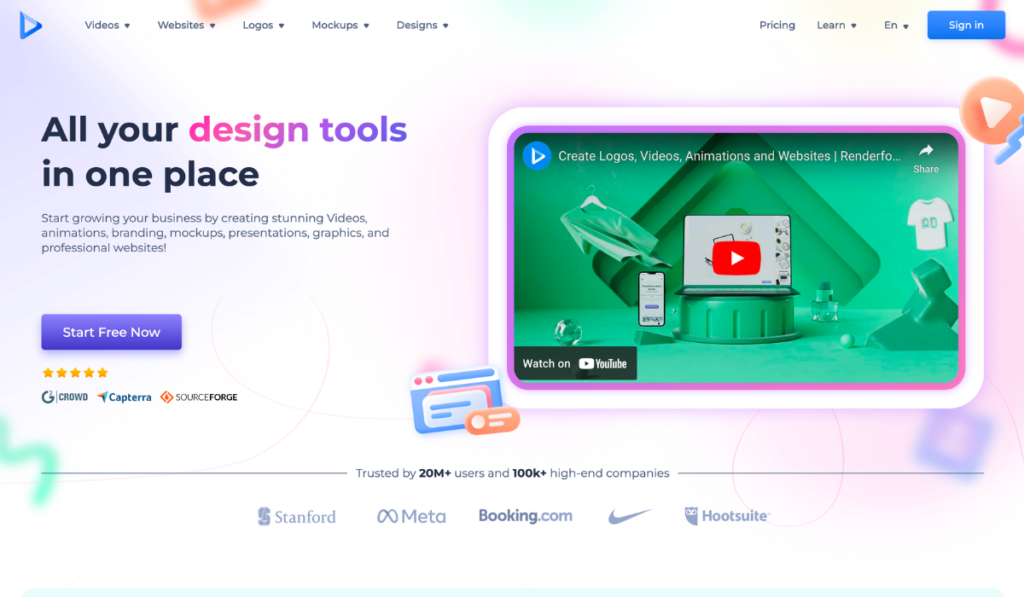Mailchimp is a popular tool for sending emails and running marketing campaigns. But when it comes to affiliate marketing, things get a bit tricky. Mailchimp has strict rules about using affiliate links, and if you’re not careful, you could get your account blocked.
However, it’s not all bad news. You can still use affiliate links with Mailchimp, but you need to know the rules. This article is all about finding that sweet spot where you can use Mailchimp for your affiliate marketing without getting into trouble.
So, if you’re wondering, “Can I use Mailchimp for affiliate marketing without getting banned?” you’re in the right place.
Contents
Can We Use Mailchimp for Affiliate Marketing?
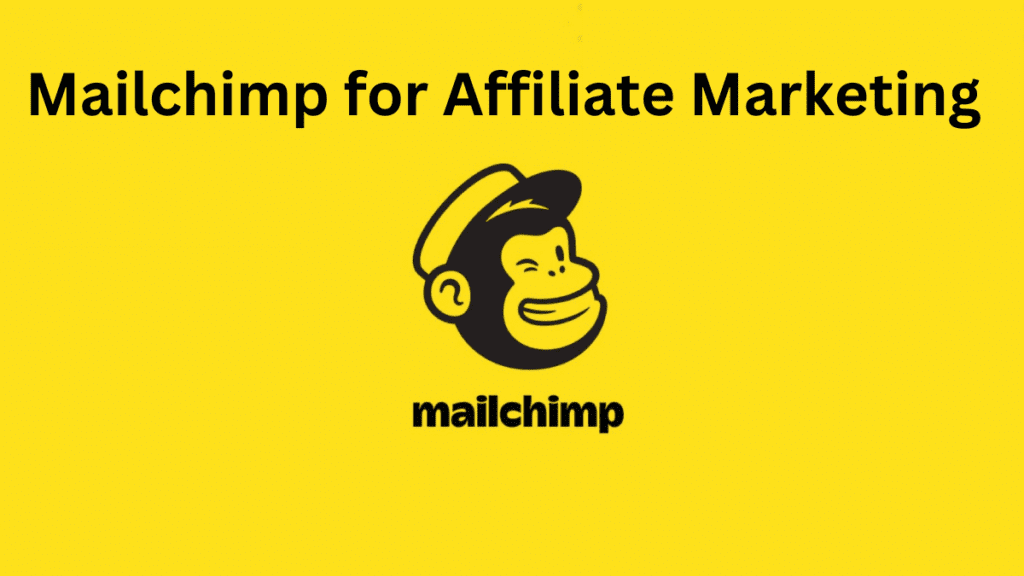
Mailchimp is pretty strict about affiliate marketing. They don’t allow it in the way you might hope. While Mailchimp is not designed for affiliate marketing, it’s still a powerful tool for email marketing and automation.
Mailchimp’s Acceptable Use Policy clearly states that it does not allow the use of its services for affiliate marketing. This policy is in place to protect the platform’s reputation and maintain the quality of its services. Violating this policy by using an affiliate link in a broadcast can lead to a ban, as it breaches the service terms and uses.
While direct affiliate marketing is not allowed, you can use Mailchimp to promote your own content that contains affiliate links, using affiliate software. For instance, you can create a newsletter that highlights your latest blog post, which in turn contains affiliate links. This way, you’re not directly sending affiliate links through Mailchimp, but you’re still driving traffic to your affiliate content.
One of the key benefits of Mailchimp is its robust tools for building and managing an email subscriber list. You can create attractive sign-up forms and integrate them into your website or blog.
Mailchimp offers a variety of templates and a user-friendly email builder, making it easy to create professional and engaging emails. Your emails should provide value to your subscribers, whether that’s in the form of useful information, entertaining content, or exclusive deals.
Remember, the goal is to encourage your subscribers to click through to your website or blog, where they can then engage with your affiliate content.
Mailchimp provides comprehensive analytics so you can track the success of your email campaigns. You can see how many people opened your email, clicked on links, and more. This data can provide valuable insights into what’s working and what’s not, allowing you to continually refine your strategy.
Why Mailchimp Does Not Allow Affiliate Links?
Mailchimp sees affiliate marketers as middlemen. They’re worried about emails that just push products for another business and don’t build real connections with the audience. Mailchimp is all about keeping email lists healthy and engaged, and they feel affiliate links don’t really help with that.
Mailchimp allow you to share affiliate links in your emails, but they draw the line at full-on affiliate marketing. This is because Mailchimp wants to make sure that the emails you send out really matter to your audience and are not just about selling something to someone else.
But you can still use links that take people to products or services you like or are partnering with. The key is to make sure your emails are still useful and interesting to your readers, not just ads. Mailchimp checks to make sure the links you’re using are okay and not on their list of bad links.
You may also read: 10 Strategies for Building a Successful Freelance Business
How to Use Mailchimp for Affiliate Marketing Safely?
If you’re using Mailchimp and want to include affiliate links in your emails, it’s important to play by the rules to keep your account safe. Mailchimp allows affiliate links but not direct affiliate marketing. This means you can recommend products or services in your emails as long as you’re not just acting as a middleman for another company.
To stay safe, make sure the links you use don’t lead to websites that Mailchimp doesn’t like. They have a list of no-go sites, and if you link to them, you might get in trouble. When you’re writing your emails, keep them interesting and useful for your readers.
Before you send out an email with an affiliate link, it’s a good idea to check that the website you’re linking to is okay with Mailchimp. There are tools online that can help you see if a website is on any lists for being spammy or not trustworthy.
Remember, the goal is to make sure your emails are something your subscribers want to read. If you stick to these guidelines, you can use Mailchimp for your affiliate marketing without worrying about your account getting shut down.
For those who heavily rely on affiliate marketing, looking at other email platforms might be a good idea since some are more open to affiliate links and marketing.
Mailchimp Alternatives for Affiliate Marketers
If you’re an affiliate marketer, you might need different email tools than what Mailchimp offers, especially if you want to freely include affiliate links in your emails.
That’s why we’re looking at some great alternatives. These platforms are more open to affiliate marketing and offer more freedom to run your campaigns your way.
#1. Moosend
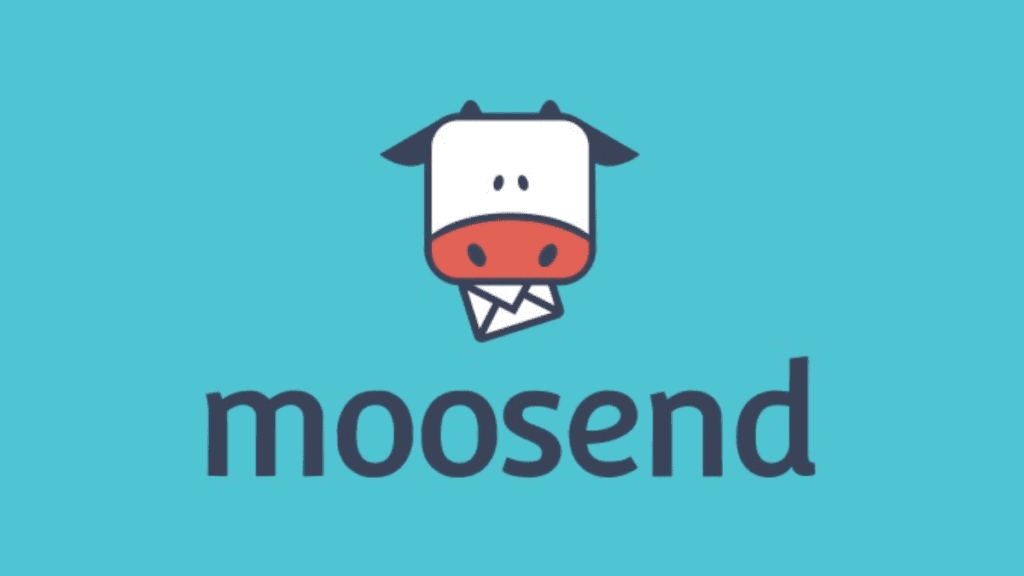
Moosend is a powerful email marketing tool that’s very friendly to affiliate marketers. It lets you easily create and send email campaigns that can include affiliate links without strict restrictions. With Moosend, you get access to features like automated workflows, detailed reporting, and segmentation options to help you target your emails more effectively.
Moosend is designed to make your marketing efforts more efficient, whether you’re sending out newsletters, promotional offers, or updates to your subscribers. Plus, its user-friendly interface makes it accessible, even if you’re not a tech expert.
#2. GetResponse
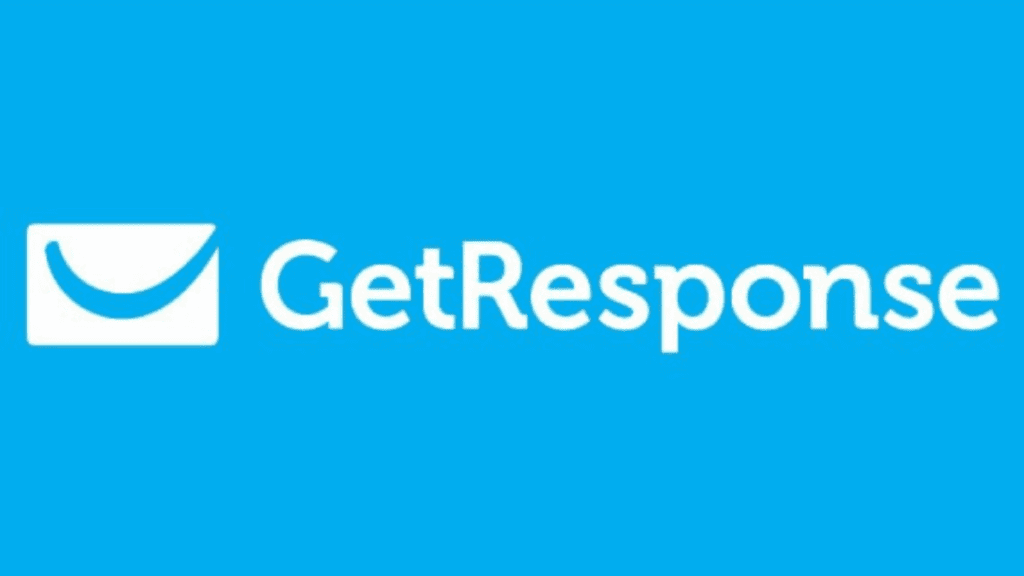
GetResponse is another excellent option for affiliate marketers. It offers more than just email marketing; you can create entire marketing campaigns. Features include email automation, landing pages, and even webinars.
What makes GetResponse stand out for affiliates is its flexibility with affiliate links and its powerful tools to track the success of your campaigns. It’s great for those who want to do more than just send emails and are looking for a comprehensive marketing solution.
#3. SendX

SendX is a user-friendly email marketing tool that’s ideal for those who prioritize ease of use alongside powerful features. It’s known for its affordability and robust support for affiliate marketers. With SendX, you can design, schedule, and automate email campaigns with ease.
It supports affiliate links without heavy restrictions, making it a go-to for marketers looking to promote products effectively. Additionally, its analytics tools help you track the performance of your emails, ensuring you can optimize your campaigns for better results.
#4. ConvertKit

ConvertKit is specifically designed with creators and affiliate marketers in mind. It offers easy integration of affiliate links into emails, making it straightforward for bloggers, YouTubers, and podcasters to share their recommended products and services.
ConvertKit’s strength lies in its simplicity and effectiveness in managing subscribers and automations, which allows for personalized email campaigns based on user actions. It’s an excellent choice for those who want to build a closer relationship with their audience while promoting affiliate products.
#5. Brevo

Brevo is a newer player in the email marketing scene, designed with a focus on simplicity and effectiveness for small to medium-sized businesses. It offers a straightforward platform for managing email campaigns, including support for affiliate marketing efforts.
Brevo stands out for its intuitive design, making it easy for marketers to create, send, and analyze their email campaigns without getting bogged down in complexity. It’s a solid choice for those looking for a no-fuss email marketing solution that accommodates affiliate links.
Conclusion
So, You can use Mailchimp for affiliate marketing. But It is a bit tricky due to its rules. But if you’re smart about it, you can still use affiliate links without problems. Remember, it’s all about how you include these links in your emails.
If Mailchimp doesn’t fit your needs, there are other great options out there like Moosend and ConvertKit that are more open to affiliate links. Additionally, if you’re exploring targeted marketing tactics beyond email, consider these 7 fearless ABM strategies to enhance engagement with high-value accounts and maximize your ROI.
What you need is to choose the right tool that matches your marketing strategy and respects the rules to avoid any issues.

